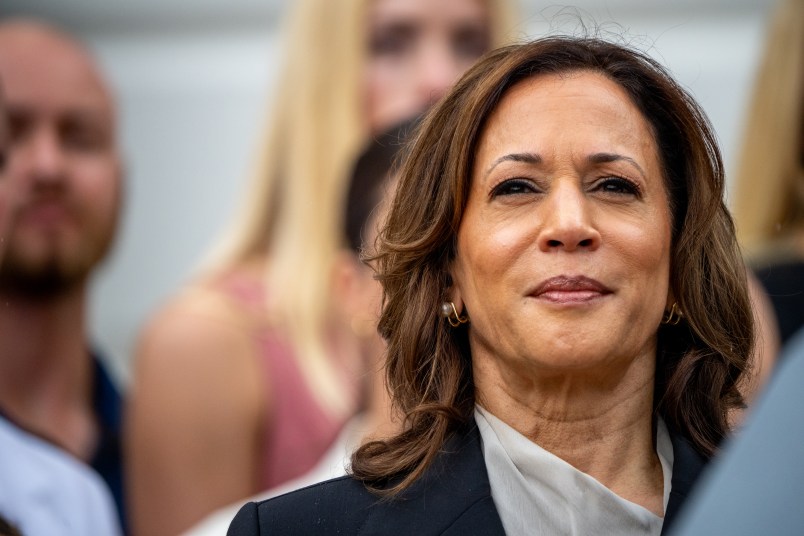Today the government of Iraqi Kurdistan completed its first successful sale and shipment of oil to Israel (Kurdish regional government statement here). Knowing that the Iraqi central government would not allow the Kurds to sell on their own account and certainly not to Israel, when I first saw the reference to a Kurdish shipment by tanker, knowing the geography of the region, I thought, “Wow, that’s impressive.” The explanation is that the oil was transshipped via a Kurdistani pipeline into the Kirkuk-Ceyhan Oil Pipeline. In other words, it travelled almost entirely through Turkey to the port of Ceyhan and shipped from there to Israel.
The relationship between the Kurds and Israel is by no means new, though it has never been formal. It also appears that the oil delivered to the Israeli port of Askelon is likely not destined for use locally but rather for storage and eventual shipment elsewhere. For the Israelis, though, it is a key part of a strategy to deepen relations with the Kurds of Iraqi Kurdistan, as well as access new supplies of energy.

For the Kurds of course the implications are potentially profound. The ability to export oil at scale entirely outside the control of the Iraqi central government is a huge step toward de facto independence, whether or not the Kurds took the step of formally severing ties with Iraq. And the Iraqi central government has been going to great lengths internationally to prevent anyone from taking shipment of this oil.
The development takes on considerably more import in light of the chaotic developments over recent weeks in Iraq. As ISIS militants raced from Syria across the Sunni heartland of Iraq, the Kurdish peshmerga took possession of Kirkuk, the site of Iraq’s fourth largest oil field and a city most Kurds believe to be a rightful part of Kurdistan – indeed, most see it as their true capital. This means that the Kurdish Regional Government (KRG) is now is possession of most of what Kurds consider to be the Kurdish lands within Iraq. They could also potentially now add oil from Kirkuk to the already substantial reserves within the KRG itself.

As noted above, the Kurds have a way to export oil via the pipeline they have built from their oil field at Taq Taq to the Kirkuk-Ceyhan pipeline. The former connects up to the later at Faysh Khabur, an Assyrian town right at the Turkish-Iraqi border but just within the territory of the KRG. So the Kurds can get oil to the Mediterranean without having to operate at all outside of KRG territory. If the occupation of Kirkuk becomes permanent, that simply adds to the potential oil wealth of an independent or de facto independent Kurdistan.
I should add that much of this is speculative. The Kurds claim that the peshmerga actually entered Kirkuk at the request of central government, which may be true given that it otherwise likely would have fallen under ISIS control. Though with much of the country in chaos and with Sunni militants nearby, it’s difficult to imagine their Kurds releasing their grip on a city that is at the center of their national aspirations.
Virtually everything in Iraq – indeed, whether there will continue to be an Iraq – is currently in flux. The international community remains against a partition of the country if it can be avoided. And it’s not clear the Iraqi Kurds would risk pushing for formal independence if de facto independence and oil wealth not subject to the control of Baghdad were already in hand.
But this is just another example – with new routes for oil shipment, new possible alliances, perhaps even new states – where you can see a post-Sykes-Picot Middle Eastern state system coming into being. But it’s perilous and runs far beyond Kurdistan since Iraq is by no means the only state in the region sitting unevenly on top of ethnic and confessional divisions that could tear it apart.







